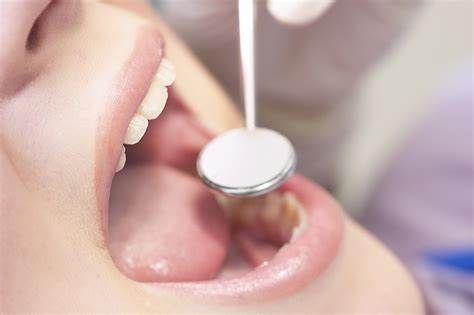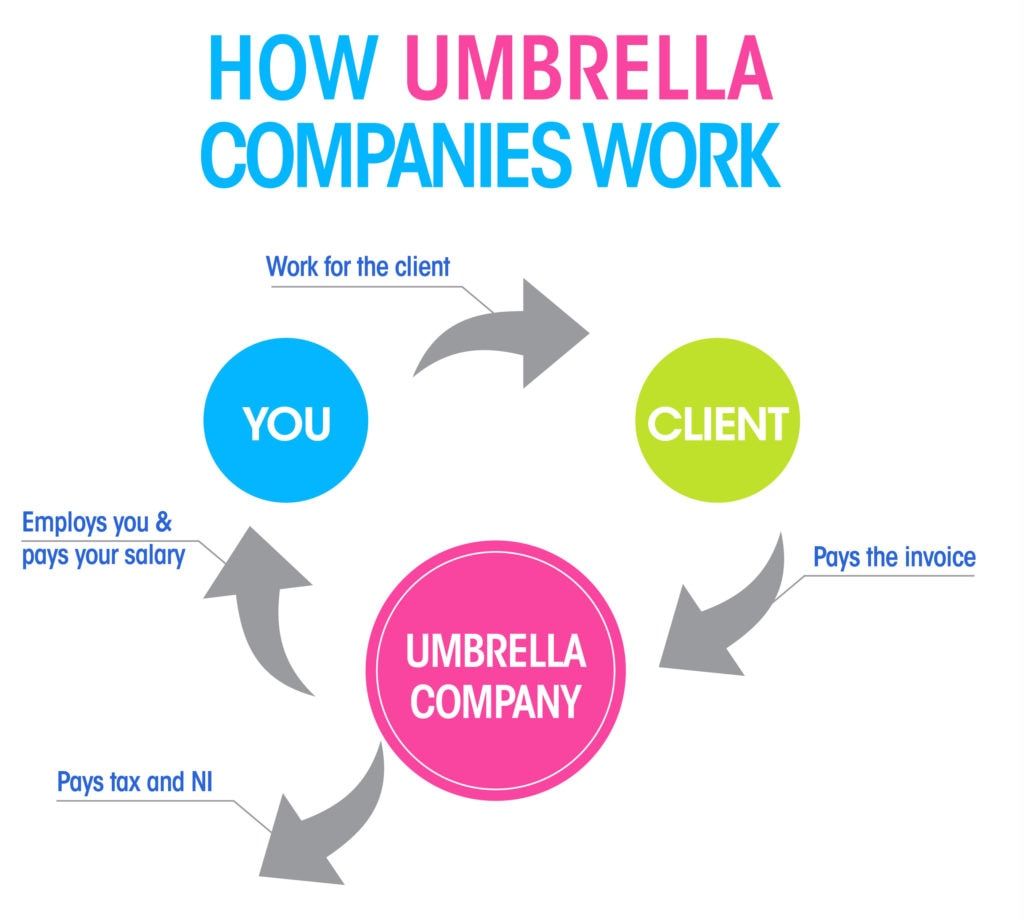
GDC -v- Williams

There is a need for clearer NHS regulation on mixing NHS and private charges as, the assumption that mixing was prohibited is wrong.
This case brings to the fore issues concerning professional regulation in dentistry, the conduct of the GDC and the legal teams that both pursue and defend registrants.
Mixing NHS and private charges
The common practice was that the 2006 NHS regulations prohibited this. At the first appeal hearing, the Judge found there was no such prohibition, and contrary to ongoing GDC and expert witness claims, three further Appeal Court judges agreed with him.
In practice, despite the regulations, an ethical doubt has existed when restricting what a dentist and patient can agree on between themselves.
The Court was of the view that prohibiting the mixing of NHS and private treatment served to restrict patients accessing their NHS entitlement and resulting in a much costlier option, to go fully private.
The Judges felt that the patient’s freedom of choice had not been taken into account. In the case, the patient had not been forced to accept a private crown. They had chosen to go down this route.
As long as there is a full and detailed explanation by the dentist of the different types of treatment and the associated charges, there is no ethical reason to oppose mixing.
The regulatory process
To reassure the public and maintain trust, professionals are subject to regulation. Regulation should be aligned to risk and regularly updated. Registrants foot the bill for regulation through their annual retention fee (ARF).
GDC -v- Williams concerned an inexperienced dentist, who went through a 27 day GDC hearing during which there were 94 charges raised relating to 15 patients.
21 of the charges related to failings in patient communication, 16 to record keeping omissions,
15 to NHS claims which include the mixing of fees issue and 17 to dishonesty or lack of integrity.
5 charges concerned working relationships with staff and a hygienist.
The most serious clinical charges were the failure to diagnose caries on 3 occasions and performing an unnecessary root canal treatment.
Many of the charges were admitted, however, the GDC did not offer any opportunity to remediate and the ultimate sanction of erasure was applied. As the erasure was predicated on findings of dishonesty relating to the mixing of fees this became an important part of the appeals.
As well as contradicting the ‘expert’ witness view on mixing fees the Judge also had some things to say about the conduct of the GDC and the legal teams in attendance.
1. The appellant admitted that she did not check the regulations. Albeit the PCC said that this was inadequate on the part of the dentist, they too did not look to the regulations or the practice’s GDS contract.
2. The sanction of erasure was disproportionate and unnecessary. Suspension would have been enough for a young and repentant dentist.
3. It was extraordinary that the PCC did not consider documents (the regulations and GDS contract) that were critical to the case and on that basis, no finding of dishonesty should have been made.
Compassionate understanding
Four judges concluded that the manner in which the PCC handled this matter was unduly harsh and that erasure was not an appropriate punishment.
For those who have been alleging that the GDC is out of touch and far too aggressive, and confrontational, this case illustrates that approach.
Going forward the GDC must have a more compassionate understanding of how harsh, unremitting regulation affects registrants and a recognition that complainants weaponise a patient’s grievance against a dentist, resulting in the GDC becoming part of that process.
In short, the GDC’s current approach needs review.
Jacobs Legal is a Consultant Practice of Nexa Law Limited, which is Authorised and Regulated by the Solicitors Regulation Authority.
(SRA number 633024)
All Rights Reserved | Jacobs Legal Ltd






